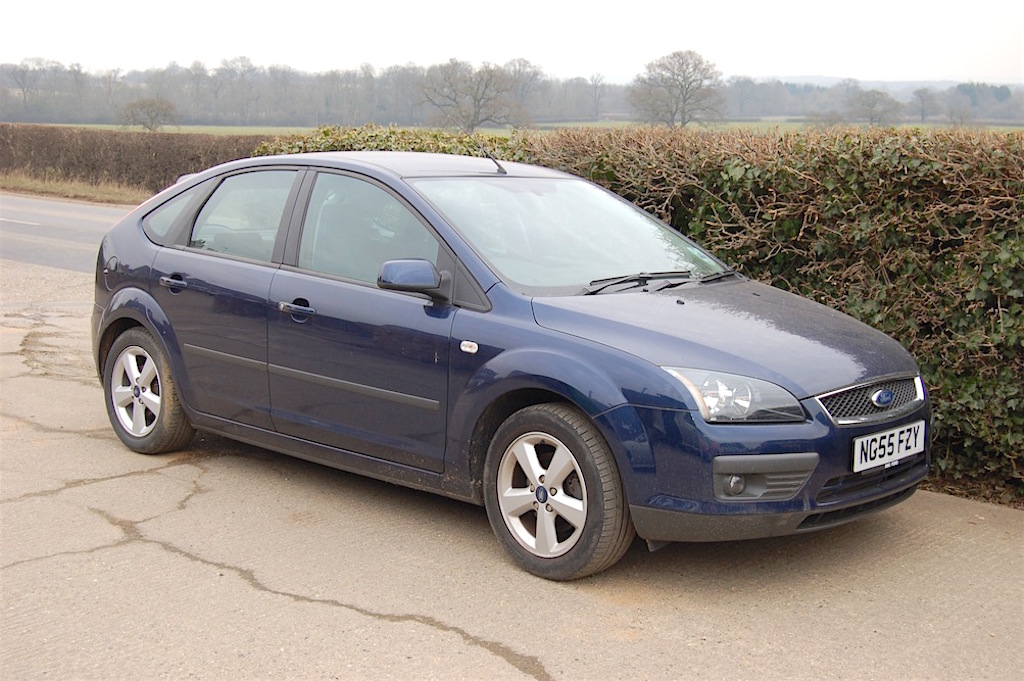
Britain’s best selling car is also top of the scrapheap…
Robin Roberts reports…
Scrap Car Network data indicates that Brits scrapped a third more cars in 2020, with the humble Ford Focus leading the way with over 2,535 of the model being scrapped.
It says a record 37,000 cars were scrapped last year.
Models of Ford, Vauxhall, Volkswagen and Peugeot all featured in top ten cars that drivers thought should hit the scrap heap.
The disposal website, which represents the UK’s leading scrap car collection network, showed that the Ford Focus was the most scrapped car with 2,535 scrapped, closely followed by another Ford, The Focus (1,846). Third and fourth positions went to Vauxhall with their Astra and Corsa models being scrapped with 1,828 and 1,672.
In fifth position was the Volkswagen Golf, (1,081) followed by Renault Clio (1,001) Peugeot 206 (811) Vauxhall Zafira (742) the Volkswagen Polo (674) and rounding out the top ten is another Ford with their Mondeo model at 671.
Scrap Car Network has seen an increase overall in cars being scrapped across the UK last year as the pandemic hit.
The North West was the region of the country that scrapped the most cars last year with over 18,329 cars over the period accounting for 33% of all cars that were no longer needed.
Tazamul Sarodia, MD, from Scrap Car Network, said, “There are some surprises in the top ten, such as the Golf and the Ford Focus which are still very popular models and generally feature in the top ten selling cars every year.
No surprise though is the Ford Mondeo as the manufacturer announced it was no longer making the model. Scrapping cars is an interesting indication of driver’s changing tastes, there are no luxury models in this top ten so it looks like consumers still want to invest in their cars.”
Kim adds: “There are many reasons why people scrap their cars… In some cases this is done to receive a cash injection during difficult times such as those endured recently by so many, in other instances it is due to the cost of necessary repairs exceeding the perceived monetary value of the vehicle, or due to a sometimes/arguably mistaken view that buying a newer vehicle is being seen to be ‘green’.
It is certainly true that the increasing complexity of modern vehicles and, in many cases, the relatively few years during which the car will run without major expense being required (made worse by the high cost of replacement parts), are often factors in their earlier than expected demise.
Many would argue that it is usually a more cost-effective and environmentally-friendly approach to keep an older vehicle running than to ditch it and buy a new one, requiring the use of many scarce resources. This has recently been highlighted in terms of domestic machinery/computers, with a welcome move to making them more easily repairable in the future, rather than having to scrap them in favour of new ones!”.